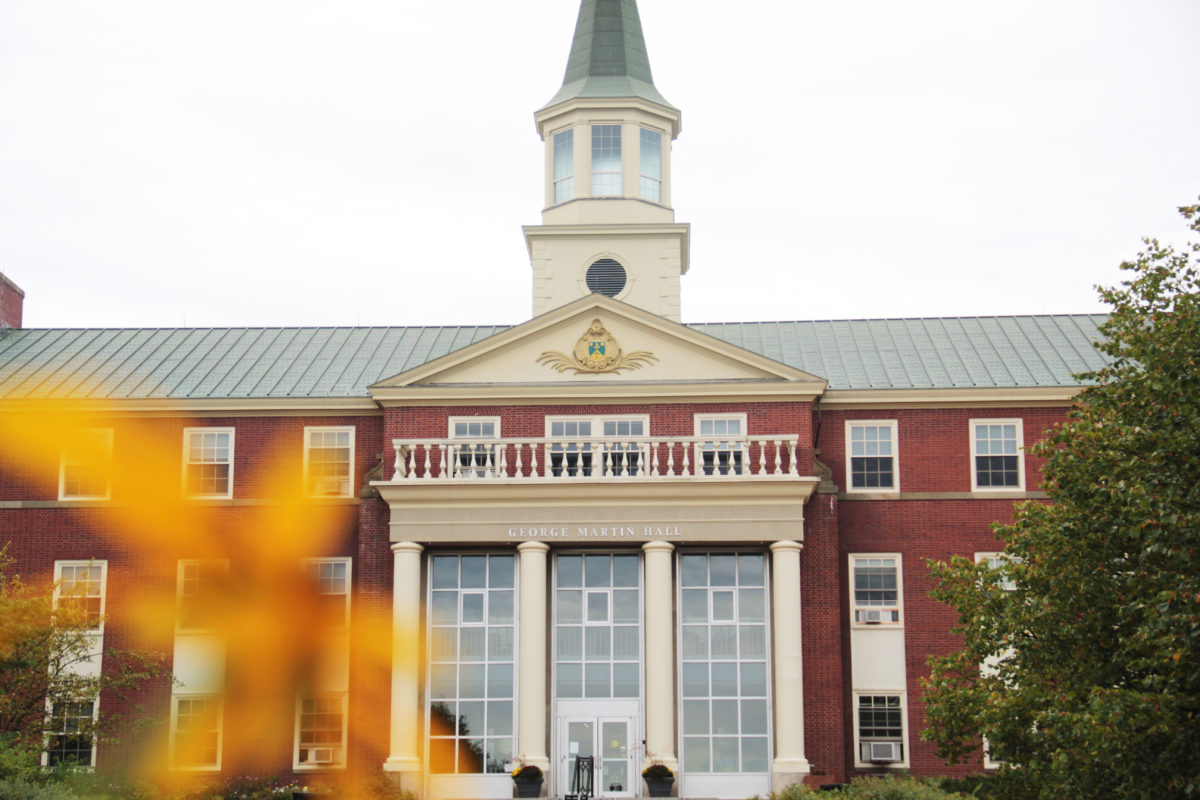The University of New Brunswick Saint John’s Arts department has begun offering paid co-op internships, something students in Fredericton are hoping St. Thomas jumps on board with.
Fourth-year student Jordyn Meade-Baxter said she thinks the internships at UNBSJ seem like something STU should think about.
“If many students got one of these paid internships, they could minimize the hours they work to at their current job or quit it all together depending on their income.”
Meade-Baxter goes to school full-time and said she works no less than 25 hours a week to keep her income where she needs it to be. She depends on that income to pay necessities such as bills.
“[My student loan] is there mostly for emergencies or when I get low on my work income and to compensate for weeks that I get shorted hours at work,” she said.
“I would definitely not be able to live off my student loan money only. It would have paid maybe two months of rent for me and that’s it. So, I have to work.”
UNBSJ’s program is tailored to second-year students, having them apply at the end of their first year. Four students who study a range of subjects, including information communications studies, history, English and political science, were picked for placements this year.
Joanna Everitt, dean of Arts at UNBSJ, said students are spending the fall semester learning how to properly do things such as resumé-writing and job interviews. They will then be placed in their paid internship in January.
“From what I’ve heard in speaking to students who have gone through the workshops and special development activities, is that they’ve found them very useful, very interesting and they’re excited about the opportunity they’ve been given.”
Everitt said programs such as the one at UNBSJ allow students to actually find work in their area of interest.
“Often, particularly with the arts, when students are working in the summer or working outside of the university experience, they’re finding jobs that do not specifically draw on the skills they’ve gained within their classrooms,” Everitt said.
“This program allows them to see how what they’re learning in their program … relates to the outside world.”
Jeffrey Carleton, director of communications at STU, said the university is already doing multiple things to incorporate experiential learning both inside and outside of the classroom, including the JOBS program.
“The JOBS program is designed to work hand-and-glove with the administration, faculty and students,” Carleton said. “It provides funding to administration or faculty to hire a student for up to 10 hours a week.”
Carleton said 15 jobs are posted on STU’s website right now.
He said the university creates opportunities for students with the purpose of maintaining a healthy balance between work and school.
“The reason we do it this way is when you’re structuring these programs, you don’t want to over-burden the students … One of the things we’re very conscious about is that students have a full work load,” he said.
Carleton also said while the university sees a lot of value in the approach UNBSJ is taking, what it is doing already is the same idea but with an essential concern for the balance students need.
“We’re doing it making sure that we don’t overload students because the primary focus is on the classroom, and I think this fall you’re going to see more attention focused on it and more opportunities for students.”
Meade-Baxter said if students were offered paid placements like the ones at UNBSJ, they may be able to gain experience in their field as well as make money.
“I feel like it would make more sense for people like me who want to work in their field, and learn more hands on, but are limited in their options because of their job they have currently.”

